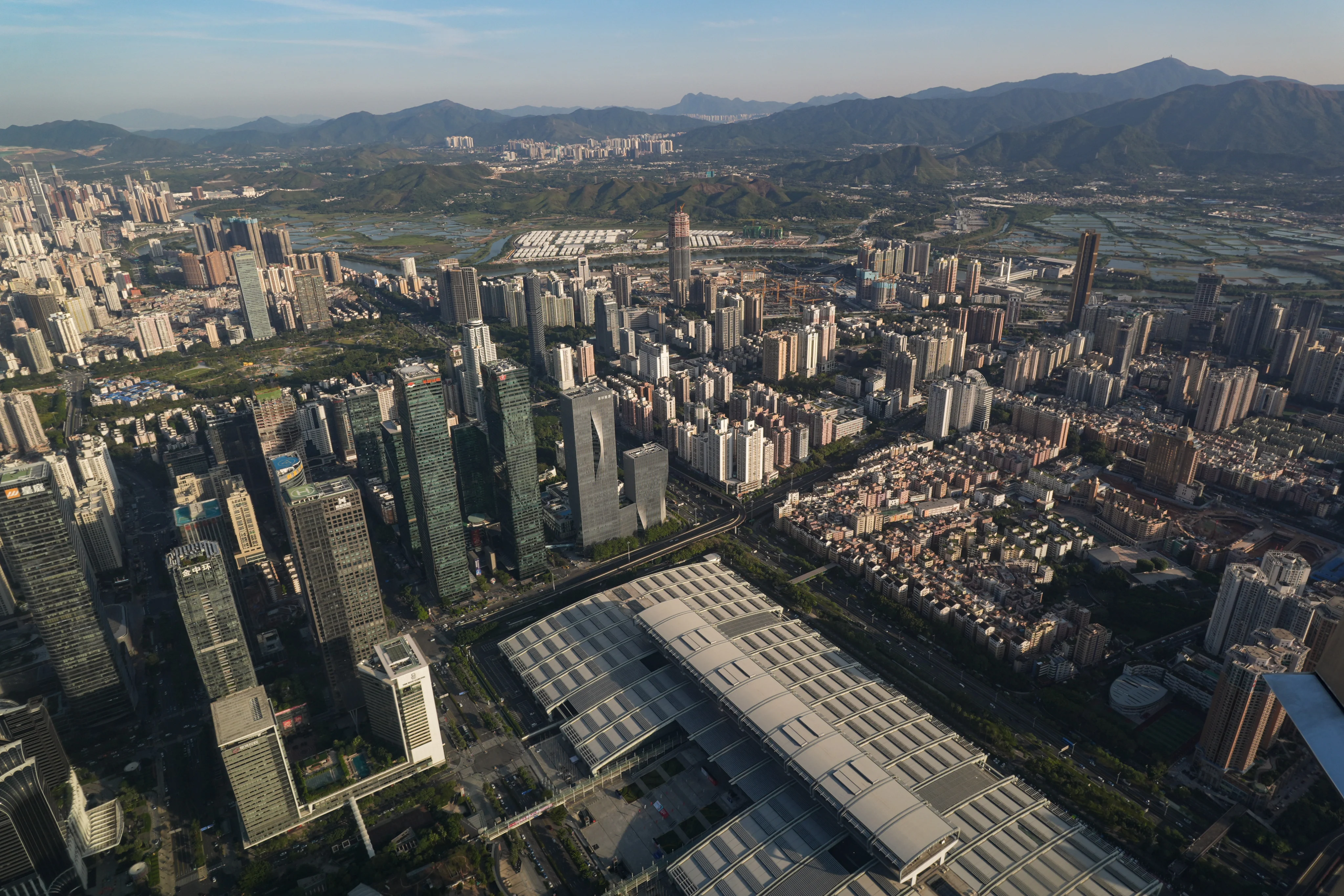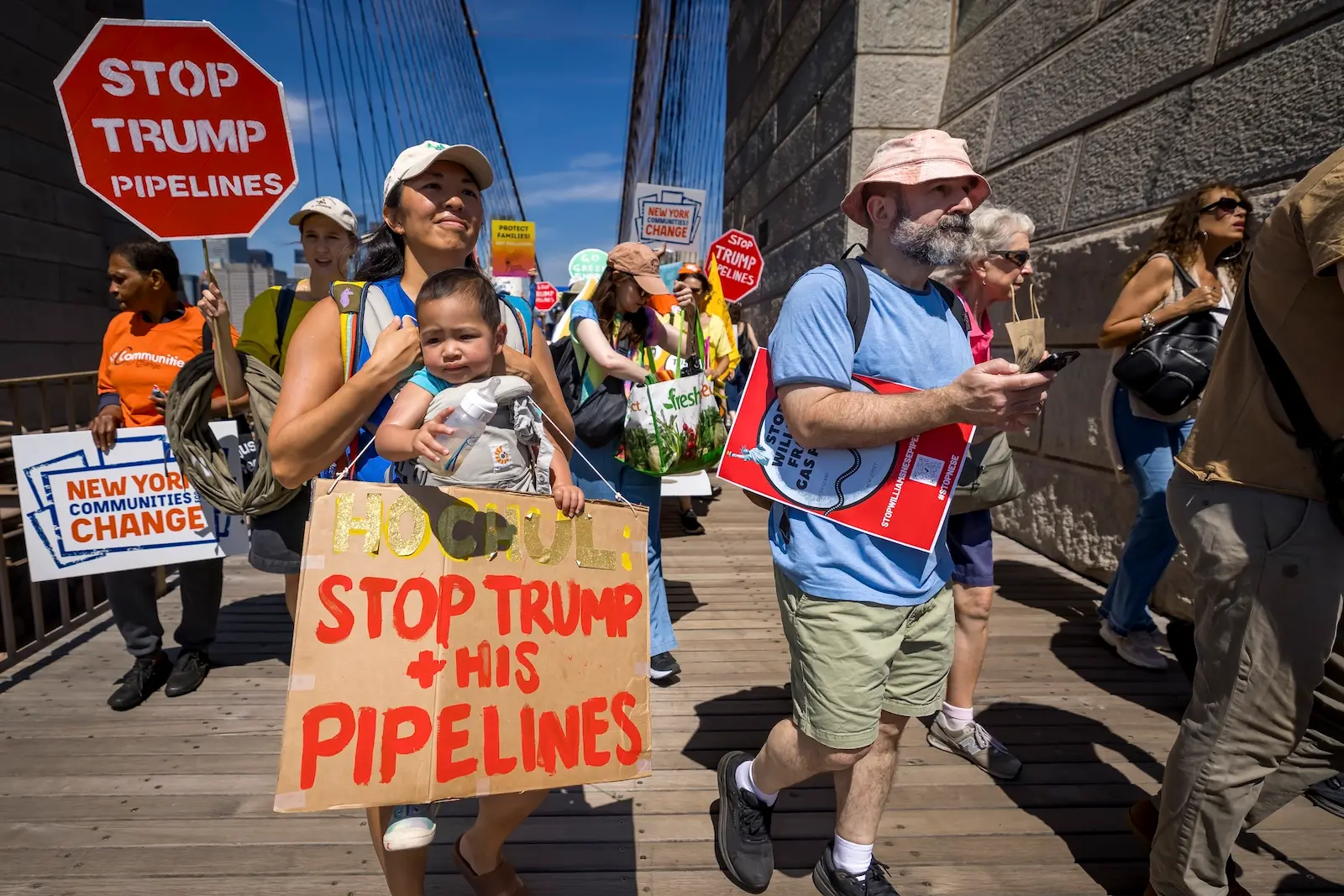Copyright scmp

China’s decision to host next year’s Apec summit in the innovation hub of Shenzhen reflects Beijing’s “resolve to uphold openness”, according to analysts. Highlighting the southern city’s spectacular growth over the past few decades, Chinese President Xi Jinping announced the decision at the end of the 2025 Asia-Pacific Economic Cooperation (Apec) summit in Gyeongju, South Korea, on Saturday. “Located on the Pacific coast and adjacent to Hong Kong, Shenzhen has transformed from a backward fishing village into a modern international metropolis in just a few decades,” Xi said. “Together with surrounding areas, it forms the Guangdong-Hong Kong-Macau Greater Bay Area, which can be considered a growth pole of the world economy.” Analysts said China’s choice of Shenzhen as the host city reflected various considerations, including the desire to highlight the country’s gains in economic development. Zhu Feng, executive dean of Nanjing University’s school of international studies, described Shenzhen as “a landmark city symbolising China’s economic integration with the world”. Selecting Shenzhen would demonstrate to the world “the alignment and integration of China’s economic development with the global economy following reform and opening up”, Zhu said. The message could be amplified if US President Donald Trump decides to attend the gathering. During talks before the Apec summit on Thursday, Xi and Trump extended invitations for reciprocal state visits. State news agency Xinhua also quoted Trump as saying that the United States would be happy to see the success of both next year’s Apec meeting in China and the G20 summit in Miami. Zhu said that if there was frequent high-level dialogue between the two countries next year, “the likelihood of Trump attending a summit in Shenzhen is considerable”. In that case, the Shenzhen summit would serve as “a significant diplomatic opportunity to further strengthen the strategic relationship between the two nations’ leaders”, he said. Zhu added that a summit in Shenzhen could also provide “a crucial diplomatic occasion for further integration into the global and Western spheres” for US-sanctioned enterprises, including telecommunications giant Huawei Technologies, which is headquartered in the city. This would also enable China to “further reduce the excessive focus on security in US-China relations”, according to Zhu. Shenzhen has grown exponentially from its fishing village roots more than four decades ago to become a city of nearly 18 million people. It is also one of China’s leading centres for hi-tech innovation, including artificial intelligence and other areas of strict competition with the US. But while it is China’s “most successful special economic zone”, it simultaneously “endures the most severe blows from trade protectionism and technological decoupling”, according to Peng Peng, executive chairman of the Guangdong Society of Reform, a think tank affiliated with the Guangdong provincial government. According to Peng, selecting Shenzhen as the Apec host city demonstrated China’s “resolve to uphold openness and continue guiding the direction of globalisation”. Furthermore, a summit in Shenzhen would enable “the world, particularly major nations, to gain a comprehensive and in-depth understanding of the Greater Bay Area’s development progress and overall strength”. Shenzhen is one of nine cities in Guangdong that make up the Greater Bay Area, which also includes the special administrative regions of Hong Kong and Macau. In recent years, Beijing has sought to transform the Greater Bay Area into a world-class economic and innovation hub. Hong Kong Chief Executive John Lee Ka-chiu said the announcement about Shenzhen made him feel “motivated”, and the city would do its best to support the Apec meeting next year. “We are thrilled … Shenzhen is our close neighbour. Our relationship is very close,” he said. “The Hong Kong government is fully prepared and will be very excited to be able to support the organisation and success of the Apec conference.” Peng said Hong Kong could be the first stop for some Apec leaders on their way to the summit, given that Hong Kong operated more international flight routes than Shenzhen. He said the provincial capital Guangzhou, which hosts a number of consulates, could also feature on leaders’ itineraries. The overall effects would be “positive and beneficial” but it was difficult now to “comprehensively assess the spillover effects” of the Apec summit on other cities in the Greater Bay Area, including Hong Kong, he said. In recent years, China has selected lesser-known cities to host multilateral diplomatic events, aiming to boost their international profile. For example, the northern port city of Tianjin hosted the Shanghai Cooperation Organisation summit earlier this year while the coastal city of Qingdao was the backdrop for the bloc’s gathering in 2018. Other cases include the 2016 G20 summit in the eastern city of Hangzhou, the 2017 Brics summit in the southeastern coastal city of Xiamen, and the 2023 China-Central Asia Summit in western city of Xian. Shenzhen will be the third Chinese city to host the Apec meeting – Shanghai hosted in 2001 and Beijing in 2014. On Friday, Xi called on world leaders to uphold multilateralism and ensure supply chain stability. In a separate address on Saturday, the Chinese leader warned of intensifying challenges such as climate change and energy security, calling on regional economies to deepen cooperation and “seize new opportunities”. Xi said countries should promote the “sound and orderly development of artificial intelligence while ensuring that it is beneficial, safe and fair”. Xi arrived in South Korea on Thursday and held talks with various world leaders on the sidelines of the forum. These included South Korean President Lee Jae-myung, Canadian Prime Minister Mark Carney, Japanese Prime Minister Sanae Takaichi and Thai Prime Minister Anutin Charnvirakul. Separately, Apec member states wrapped up the two-day summit with a joint declaration, pledging to strengthen economic cooperation to navigate the changing global conditions. The declaration warned that the Asia-Pacific region stood at a “pivotal juncture” and acknowledged that “the global trading system continues to face significant challenges”. “We reaffirm our shared recognition that robust trade and investment are vital to the growth and prosperity of the Asia-Pacific region, and remain committed to deepening economic cooperation to navigate the evolving global environment,” it said. “We acknowledge the importance of a trade and investment environment that promotes resilience and benefits for all.” The declaration also called for efforts to ensure the resilience of supply chains, and urged cooperation in AI as well as coordination to respond to global challenges including in areas of energy and food security. Additional reporting by Willa Wu



